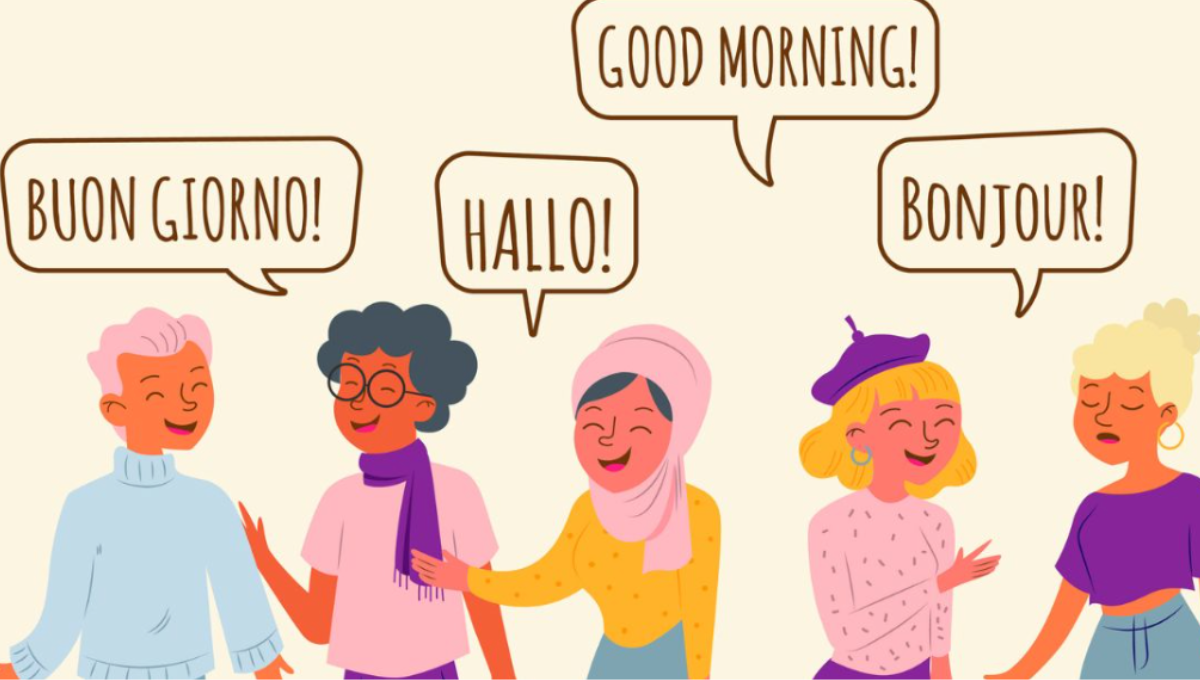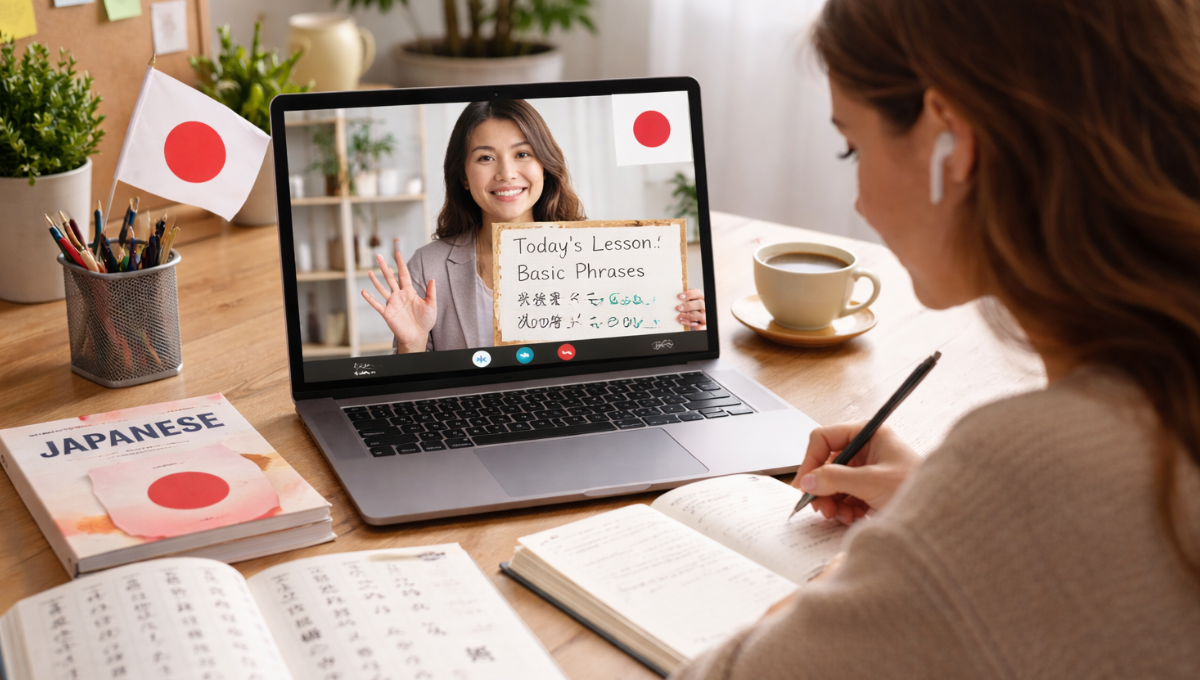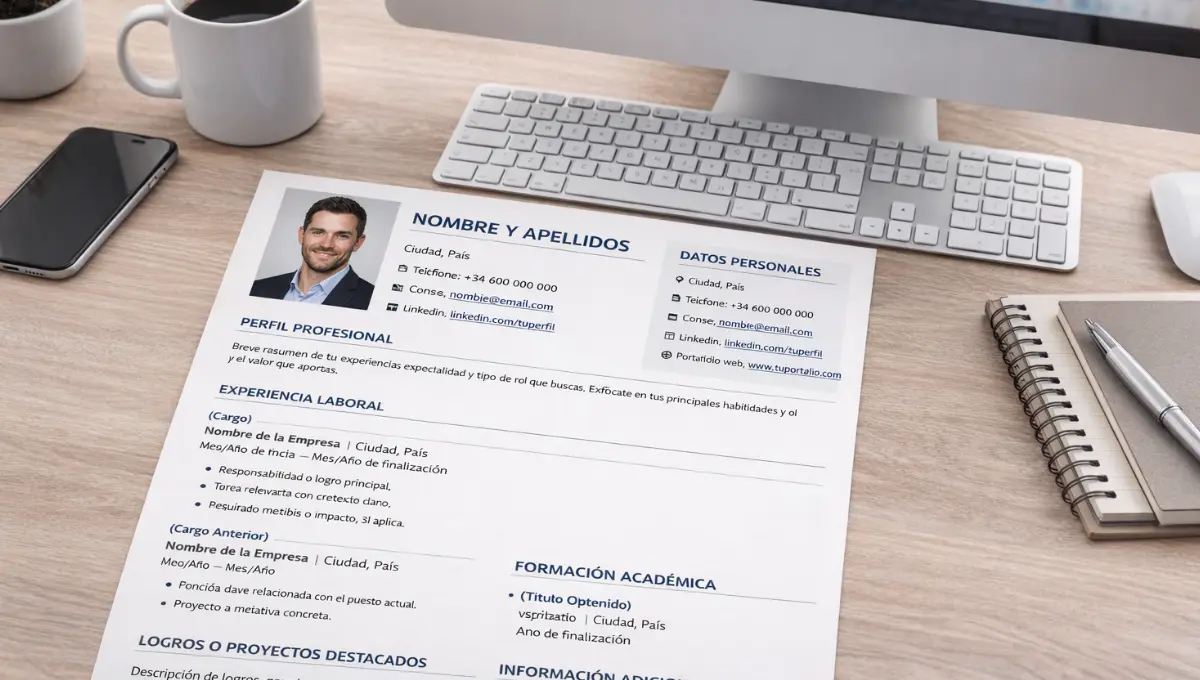Most Conjunction in English in English are short, but they hold a significant place in designing English sentences. Sometimes, we do not even notice this tiny conjunction in sentences but they are everywhere in English writings. Ignoring these conjunctions can lead to several English mistakes that make writing pieces full of errors.
Despite being tiny, no one can ignore the importance of conjunction in English. They are some of the most important words in English. They play a very crucial role in designing the sentences that we speak and write a daily basis.
A conjunction, like a noun, verb, or pronoun, is a part of speech. A conjunction’s primary function is to join together other parts of speech.
Conjunctions can combine two basic words:
- Do you like ice cream or chocolate?
- I run and exercise every morning.
They are also used to combine different clauses. Such as:
- Until next week, I cannot afford to buy a new mobile.
Additionally, you can use a conjunction to combine two sentences into one. For instance:
- I can sing.
- My best friend can dance.
You can use the conjunction “and,” and create one sentence. For instance:
- I can sing and my best friend can dance.
Sometimes two sentences may look quite different from one another but once, they are connected with conjunction they make sense. Let us look at it with the help of an example:
- I like my teacher.
- I don’t like the arts.
These two sentences are different from one another. But they can make sense with the help of the right conjunction. For example:
- I like my teacher but I don’t like the arts.
Now you know, how important as well as convenient Conjunctions in English are.
Conjunctions are very common. Once you’ve mastered the ability to construct basic sentences in English, the next logical step is to learn conjunctions. To learn their usage at an advanced level, you can get your hands into italki’s lesson plans. It is a well-established language learning platform with around 7200+ online English tutors that will help you learn English online in a systematic way. The lessons will help you develop an understanding of English prepositions, vocabulary, conjunction, other parts of speech, etc.

Find Your Perfect Teacher
At italki, you can find your English tutor from all qualified and experienced teachers. Now experience the excellent language learning journey!
Book a trial lesson
Now, moving back to conjunctions in English. English conjunctions are classified into three types: coordinating, subordinating, and correlative.
Coordinating Conjunctions
When you think of English conjunctions, you probably think of coordinating conjunctions. They are the most basic type and connect two sentences or ideas. There are seven coordinating conjunctions, and they are simple to remember. Simply use the acronym FANBOYS, which stands for, and, nor, but, or, yet, so.
For
It is used when you are explaining something. For example:
- I come to this café every week, for they serve the best coffee in town.
And
It is used when you join two ideas or sentences together. For example:
- I have three cats and four dogs.
- I drink coffee in the morning and I drink tea in the evening.
Notice that, in this sentence ‘and’ has connected two different ideas.
Nor
It is normally used when you are going to express a negative statement and the conjunction ‘nor’ adds another negative alternative. For instance:
- My father was not happy nor was he upset. He did not bother.
But
This conjunction connects two ideas in the same way that the word “and” does. However, whereas “and” connects two similar ideas/things, “but” connects two dissimilar ideas/things. For example:
- I want to study but john wants to go to the movies.
If you said, “I want to study, but John wants to go to the movies,” it would imply that you and john will do both activities. Using the word “but” implies that you will do one or the other.
Or
‘Or’ is used to show an alternate or an option. For example:
- Would you like to have tea or coffee?
Yet
When you present a statement, “yet” presents an idea that logically contrasts the first statement. For example:
- I don’t like comics yet I think history books are far more interesting.
So
This conjunction in English is used to give a reason for something. For example:
- I have to wake up early so I can go for a walk.
John is finding it difficult to teach his daughter so he hired a tutor for her.
Subordinating Conjunctions
Subordinating conjunctions are more difficult to understand than coordinating conjunctions. These conjunctions in English link a dependent clause to an independent clause.
An independent clause is a group of words that makes a proper sentence. For example, “I know how to cook rice”. A dependent clause is a group of words that, by themselves, do not form a sentence. For instance, “of my mother.”
These dependent clauses are linked to independent clauses by subordinating conjunctions. You can combine those two clauses by adding the subordinating conjunction “because”:
- Because of my mother, I know how to cook rice.
A dependent clause’s group of words can occasionally form a complete sentence. However, in these sentences, the dependent clause must still be connected to an independent clause for context.
For example, if the dependent clause is “I take a shower” and the independent clause is “I can’t go to bed,” you can connect them with “until.”
- I can’t go to bed until I take a shower.
There are many subordinating conjunctions but some of the most common ones are:
Although
It means ‘even though’. For example:
- Although she is a creative songwriter, she sometimes faces difficulty to write lyrics.
Though
“Though” is frequently used interchangeably with “although.” However, it is more likely than “although” to be found in the middle of a sentence. For example:
- Though I do not like cream, I add it to my salad occasionally.
While
While refers to the moment when a particular event has occurred. For example:
- While you were at the office, Uncle John came to see us.
If
It is used to describe what to do if a particular event occurs. For instance:
- If you get tired before the project completion, you can take some rest.
Until
This conjunction means “up to the point that something happens.” For example:
- I can work until 12 AM today, but then I have to go home.
Whether
When expressing a choice between two options, use “whether.” “Whether” is frequently used in conjunction with the conjunction “or.” You can also express an investigation with “whether.” In this case, you’re unlikely to use “or.” For example:
- I can’t decide whether I want tea or coffee.
Below is an inspective condition in which you do not use “or.”
- John: “Hello, Mrs. William. Is Kalie home?”
- Mrs. William: “I am not sure. Let me check whether she is in her room.”
Because
“Because” describes the reason for something. For example:
- I could not come because I had a meeting.
Since
The word “since” is most commonly used to refer to the length of time that something has been happening. You can also substitute “since” for “because.” For example:
- She has been taking dance classes since she was 10 years old.
- I am home tonight since mama has canceled all the plans.
Than
When comparing two things, the word “than” can be used to introduce the second. For example:
- He is much sweeter than his friend.
- Chapter 2 is much easier than chapter 3.
Correlative Conjunctions
Correlative conjunctions come in form of pairs. For the sentence to make sense, both words must be present, and they must be in the correct order. Here are some of the most common correlative conjunction pairs:
Whether/or
You can use “whether/or” to talk about two options. For example:
- Have you decided whether you want to go out or stay home tonight?
- You are going to complete this task by 5 pm, whether you like it or not.
Either/or
These words express two possibilities. It can be difficult to decide whether to use “whether/or” or “either/or,” but here’s the main distinction:
When trying to make a decision, “whether/or” is commonly used. The phrase “either/or” is commonly used to contrast two nouns or options.
- This year, I want to visit either France or the UK.
Neither/nor
“Neither/nor” is synonymous with “either/or.” The distinction is that in a negative statement, you use “neither/nor.”
- John likes neither dogs nor cats.
- Neither my brother nor my sister is a good cook.
Both/and
You can use this pair to talk about two related things. For example:
- I am studying both theater and graphic design at college.
If/then
Two clauses are separated by the words “if” and “then.” Use the pair to discuss something that will occur as a result of something else occurring. For example:
- If you graduate from college then you can apply for the job.
Conclusion
It is important for you to remember the definition of these conjunctions in English to use them properly. You can consult various English learning books to see the use of these conjunctions in various text materials.
If you want to master these conjunctions and learn English in a month, book your lessons with italki today. Wish you happy learning!
Want to learn a language at italki?
Here are the best resources for you!




















